7 Habits of Highly Successful Traders
Introduction
A wise man once said “We first make habits and then our habits make us”
It is so true because average people with good habits end up doing extraordinary things in life whereas highly intelligent people with bad habits end up with nothing but disappointment.
This is true in all walks of life and trading is not any different.
Great traders are not necessarily the smartest people, but they do have certain good habits that give them an edge over the rest of the traders and that’s why it is very important to understand what those habits are.
So, in this video, we will go over the 7 habits of highly successful traders.
Alright, let’s get started.
Habit 1
Warren Buffett cautioned us that “Stock market is a device for transferring money from the impatient to the patient”.
Those who wait for the opportunities to come to them make tremendous amounts of money whereas those who keep chasing the market just keep losing money.
Amateur traders can not wait to take the next trade. They are like teenagers with guns in their hands, always eager and excited to pull the trigger.
Many of the new traders I know cannot resist placing their next trade as soon as the market opens.
It is almost like they crave the adrenaline rush of the next trade.
Professional traders, on the other hand, are not in the stock market for excitement or fun and they are here to make money. That is why they understand the importance of patience. They wait for the next trade just as a sniper waits for his target to come to a perfect spot.
So they wait, wait ….and then wait some more.
Only when they get that perfect opportunity, that perfect shot, do they fire their weapon. Honestly, sitting next to a professional trader can be very boring because over 90% of the time they pretty much just sit and watch.
When I was a budding trader, I got an opportunity to visit a New York-based prop trading firm. But when I went into the office, it was nowhere close to what I had imagined.
I mean I was hoping to see a high-pressure environment, a ton of screens blinking, phones buzzing and people yelling buy-sell. Instead, I saw a pretty cool environment. Some traders were just relaxing on the couch, some exercising, some listening to music, playing table tennis and even meditating. I almost felt I walked into the cafeteria of a college.
Then later, a senior trader explained that we intentionally don’t stare at the monitor all day long because all it does is create stress and creates a temptation to take a trade. So, when a trader feels that the market is not giving the perfect opportunity, they just create alerts in the system based on a setup and walk away from the terminal. When that alert gets triggered, we get notified and that ends up being a much better trade.
So, he advised “Don’t chase the market…let the market come to you” and it’s much easier that way
That one line changed shaped my perspective towards the market.
Habit 2
Steven Covey, in his famous book, 7 Habits of Highly Effective People, popularized the concept of Circle of Concern and Circle of Control.
In very simple terms, the circle of concern means things that we are worried about and the circle of control refers to the factors we can actually control.
For example, I could be worried that it might rain but is not in my control, OR I could be worried about getting an umbrella – which is in my control – isn’t that better? So, by focusing on the circle of control, we can lead more effective and productive lives.
Now, Amateur traders are always concerned about the outcome of the trade; how will the trade work out? how much profit will I make? The problem is that the outcome of the trade is unknown…it’s completely out of the circle of control… just like the rain, nobody knows how a trade would eventually work out so there is no point worrying about it.
Professional traders, therefore, focus on their circle of control and on the factors that they can control.
Factors such as when to trade, when not to trade, when to enter in a trade, with how much capital, when to add to a position, when to reduce the position, when to exit and many other factors that are in their control is what they decide.
So by focusing on these controllable factors, they make sure that they are ready to execute the trade with maximum efficiency and giving it a high chance of success.
Habit 3
Abhimanyu was a young, brave warrior who knew how to enter into the Chakravyuh but not how to get out of it. His story is one of the most heart-breaking tragedies in Mahabharat.
Abhimanyu probably didn’t have a choice as he had to fight in the absence of his father but we, as traders do have the choice.
Any trade can potentially become a chakravyuh and so we have to make that choice every day, whether to enter the chakravyuh or not.
But unfortunately, Amateur traders enter the chakravyuh way too quickly, way too eagerly without having the plan for how to get out.
Once they start incurring losses, they don’t know how and when to get out of the trade and so what happens is that they get emotional. Instead of coming out, they start getting deeper and deeper in the chakravyuh. They get desperate, keep averaging their losing positions, keep hoping for things to get better but none of this helps.
When they are completely out of options, they start reaching out to their friends, colleagues, post on forums, reach out even to strangers as to what to do next.
Why? This is because they neither have the knowledge nor the experience to handle losing trades.
I have seen traders taking 10 lakh, 15 lakh and even 20 lakh rupees of losses in one day – all because they knew how to get into the trade but didn’t know how to get out. It’s tragic to see how people’s trading careers end with just one bad trade.
That’s why Professional traders know the importance of exits. They know their exits even before entering the trade- both in the case of profits and losses.
They know that any trade can get into a loss and that is just a fact of life but what is not acceptable is letting that one trade jeopardise their whole trading capital and their trading career.
Habit 4
Socrates warned that an unexamined life is not worth living.
In the same spirit, we can say that an unexamined trade is not worth taking.
Amateur traders want to forget about the previous trades and move on just like children move on from studies after their final exams.
They don’t want to even think about those trades, especially the losing ones because it brings bad memories.
So, they are focused on the next trade and forget about the past. There is, however, one problem though. People who don’t learn from history are doomed to repeat it.
Professional traders obsess about analysing their previous trades, especially the ones where they lost money,
Instead of moving on from their losses, they stick around and spend a lot of time reflecting from every possible angle to see what went right and where they went wrong. They also see what is that they could have done better and if there are any blind spots or patterns in their trading that’s holding them back from becoming better traders.
From this analysis, they get important insights that make them better traders in the long run.Trading analytics is, I believe one of the most underappreciated aspects of trading.
Habit 5
Trading is chaos.
Every aspect of trading is chaotic. Right from the preparation for the trade to the execution of the trade, traders have to constantly deal with turbulence, uncertainty and doubt.
The amateur trader’s solution to this problem is just relying on their gut feeling. They take the trade when they feel like it, they stay in the trade till they feel like it and they exit the trade when they feel like it.
The problem is no trader ever became successful by trading based on their feelings because feelings are just emotions and, in this market, there is no place for emotions. Successful traders deal with the market chaos by building a system.
They bring structure, rules and process to every aspect of trading. They have rules for when they would trade and when they would not trade. They have rules for stock selection, taking and managing the trade and also rules for analysing those trades.
They leave very little to imagination or feelings. Of course, gut feel is always there but that works within the framework of their rules.
Habit 6
If you flip a coin 99 times and every time it turned heads, what do you think is the probability of getting heads again?
Well, 50-50%, right?
This is because the 100th coin toss has no relation with the 99th coin toss or the coin toss before that or the one before that.
Similarly, in trading, the outcome of every new trade has absolutely no statistical relationship with the previous trades. It doesn’t matter how the previous trade turned out. The next trade is an entirely new episode altogether.
That’s not how Amateur traders approach their trades.
They carry their feelings from the previous trades to the next trade. If they had a few successful trades in a row, they tend to become overconfident and start taking bigger positions, bigger risks.
If they lose a few trades in a row, their confidence begins to shake, they start to get desperate and they start making psychological mistakes.
Professional traders understand that if there is any link between the last trade and this trade, it’s the trader himself and it’s very important to break that link.
So, they give every trade a fresh start by not burdening with the emotional baggage of the previous trades.
Habit 7
Howard Gardner once said that “If you think education is expensive, try estimating the cost of ignorance”
Ignorance can be especially expensive in trading because there’s money on the line in every trade.
Amateur traders get comfortable with one style of trading. Once they start seeing some profit from a strategy, they think that their job is done, now it’s time to mint money.
Successful traders, on the other hand, know that the stock market is continuously evolving and so one strategy, one technique, one setup cannot work forever.
Therefore, they constantly strive to learn new strategies, new technologies, new instruments and even new markets. They invest time, money and effort in gathering as much knowledge as possible because knowledge is power in the stock market.
A very senior trader friend of mine, now in his 60s, started learning Algo trading recently. He doesn’t have any background in coding, nor does he need to learn all that because he’s already doing very well.
So, I asked out of curiosity why was he bothering himself with all this new stuff.
He said that today I am not competing with other traders. I am competing with Algos that are a thousand times faster than me. So, for me to trade the way I use to would be like bringing a knife to a gunfight. I need to have the same class of weapons as my competitors, if not better, right?
With that piece of wisdom, I conclude this video. Hope you learned something new today.
Howdy!
If you’re here for the first time, let’s get introduced.
VRD Nation is India’s premier stock market training institute and we (Team VRD Nation) are passionate about teaching each and every aspect of investing and trading.
If you’re here for the first time, don’t forget to check out “Free Training” section where we have tons of free videos and articles to kick start your stock market journey.
Also, we got two awesome YouTube channels where you can continue the learning process.
Must-Read Articles
7 Habits of Highly Successful Traders
Introduction
Imagine your friend works in the sales department of a famous IT company that is planning to acquire a successful start-up.
Your friend could not contain her enthusiasm and informed you about the acquisition news.
Now, you realize that this news will skyrocket the stock of the company being acquired. So what do you do?
You go ahead and buy several shares of the company getting acquired and walla!…within a couple of days the news becomes public and you make a ton of money!
While this may seem a harmless case of a friend helping another friend, in reality, this is illegal and is commonly referred to as Insider Trading.
It is a malpractice that involves the illegal use of unpublished price-sensitive information , available only to insiders, in order to make or help make a profit in financial trading.
In fact, Insider trading is one of the most serious malpractices that exist in the stock market.
Who is an Insider?
So let’s first understand who is an insider. The stock market regulator SEBI defines an insider as a “connected person” who has access to price-sensitive information about a particular company.
As an insider, you could be an employee, director, executive, consultant, or promoter at the company, and the sensitive information you leak could potentially impact the stock price of the company. Even if your association with the company is just six months old, you can be considered guilty if you release non-public information.
What is UPSI?
Now the one term that makes all the difference here is UPSI, the unpublished price-sensitive information which if leaked can land the offender in jail.
UPSI can be any non-public company data including quarterly results, dividends, mergers, acquisitions, and other transactions.
With the help of this confidential information, insiders can carry out dealings for personal benefit and leave a major impact on the company’s stock performance.
This is not just unfair for the other innocent investors, but also adversely affects market liquidity.
Needless to say, it undermines investor confidence in the fairness of the financial market as well
Examples of Insider Trading
India has witnessed several instances of insider trading in the securities market.
In 2017, SEBI initiated an investigation into the dealings of Future Retail Limited owned by Kishore Biyani because of reports that certain insiders had traded in the stock of FRL based on privileged information.
In this case, the UPSI was about an impending demerger of a certain business from Future Retail which could positively impact FRL’s share price.
In an illegal move, a couple of related companies purchased shares of FRL before the new arrangement was publicly announced.
After the investigation, SEBI banned these people from trading FRL stocks for 2 years and penalized Future Corporate Resources, Kishore Biyani, and Anil Biyani with Rs 17.78 crore, along with 12 percent annual interest.
In another high-profile case during the year 2021, SEBI fined two Infosys employees, along with six entities and individuals for insider trading.
These guys knew that Infy was about to come out with excellent quarterly results so they bought the stocks of Infy and within a very short period made over 3 crore rupees.
Conclusion
SEBI has devised strict regulations to curb illegal insider trading in India, any violations of which attract strong penalties., including imprisonment of up to 10 years or a fine of up to 25 crores.
However, the reality is that very few such cases come to light because unless a whistleblower raises the issue, it is practically impossible for SEBI or any other regulatory body to differentiate which trades are legal and which ones are done by insider trading.
We can only hope that our regulatory ecosystem will get better at putting an end to insider trading.

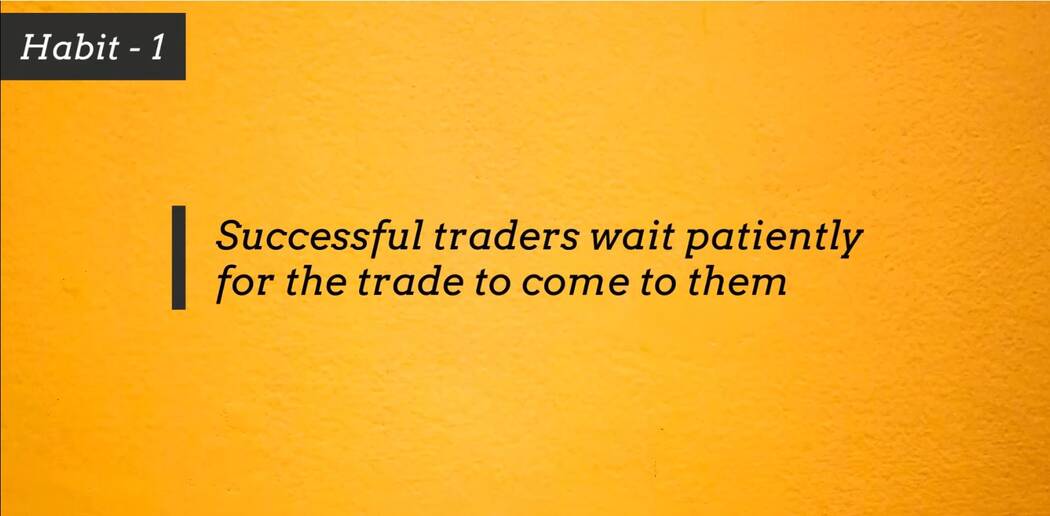

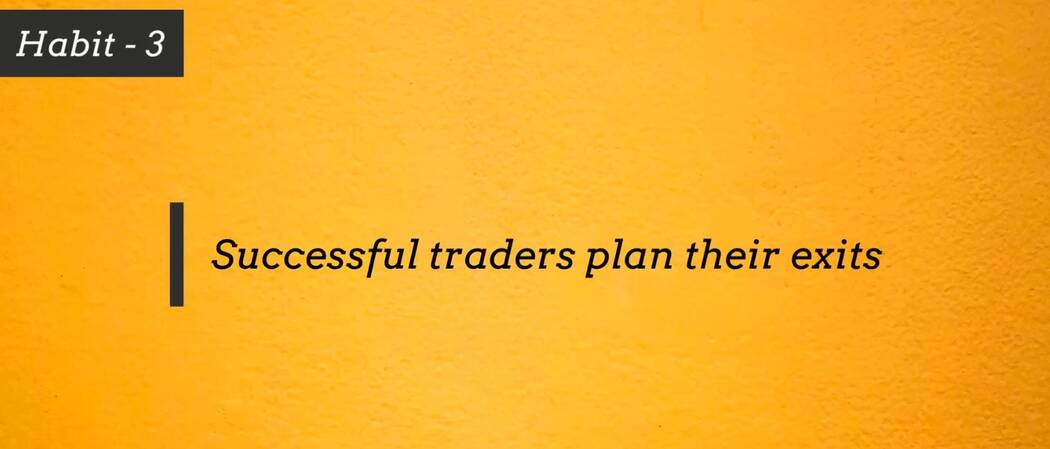
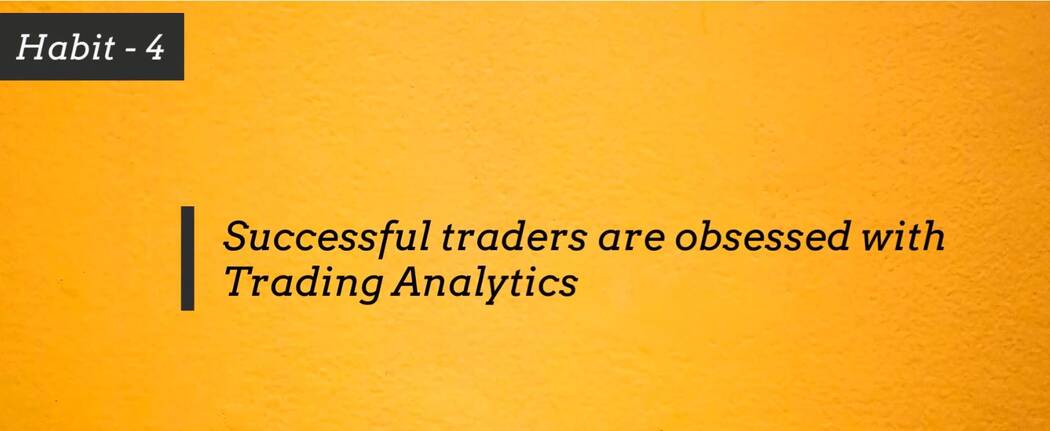
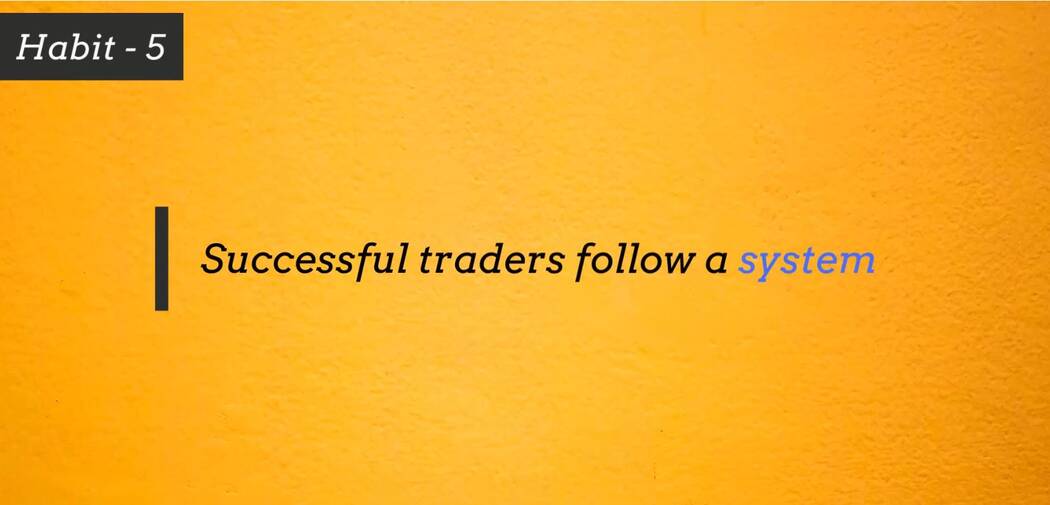
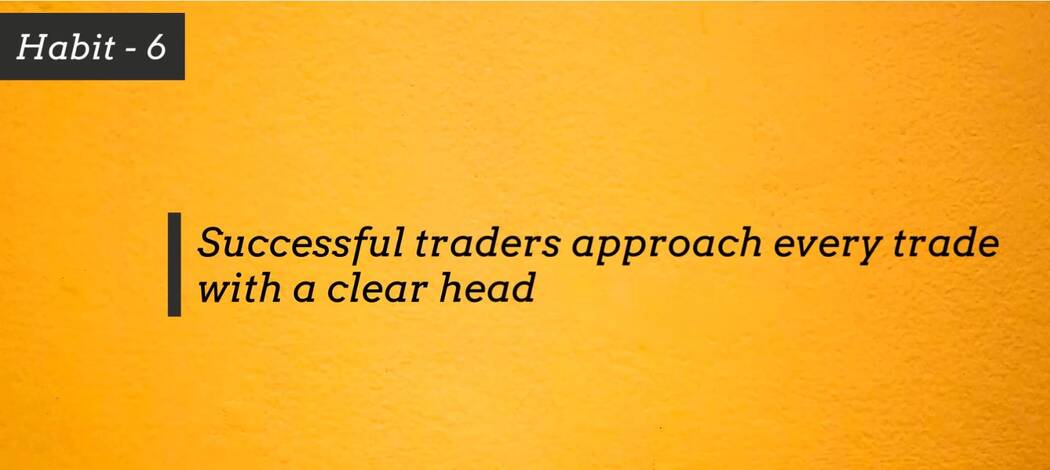




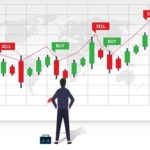


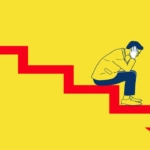


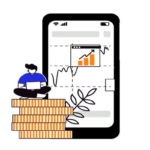




![What is Virtual Contract Note [Zerodha]](https://www.vrdnation.com/wp-content/uploads/2023/10/maxresdefault-virtual-note-500x383.jpg)
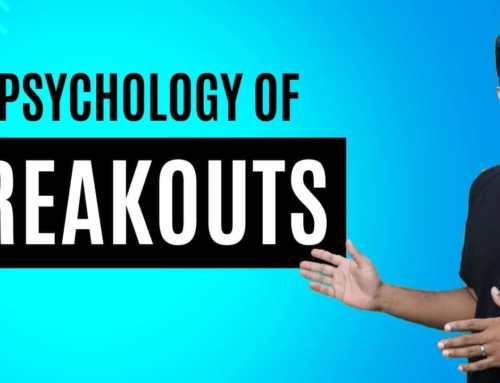
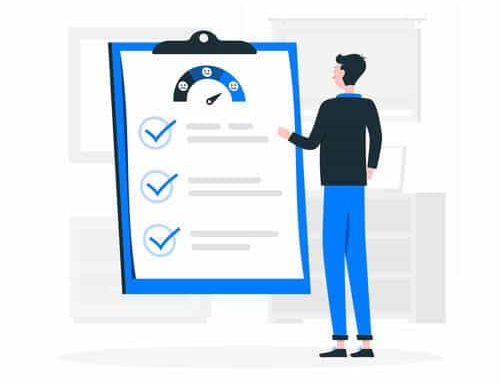

Leave A Comment